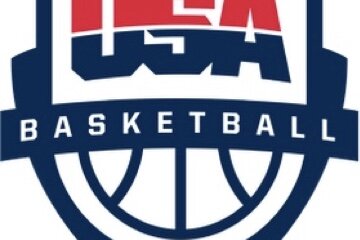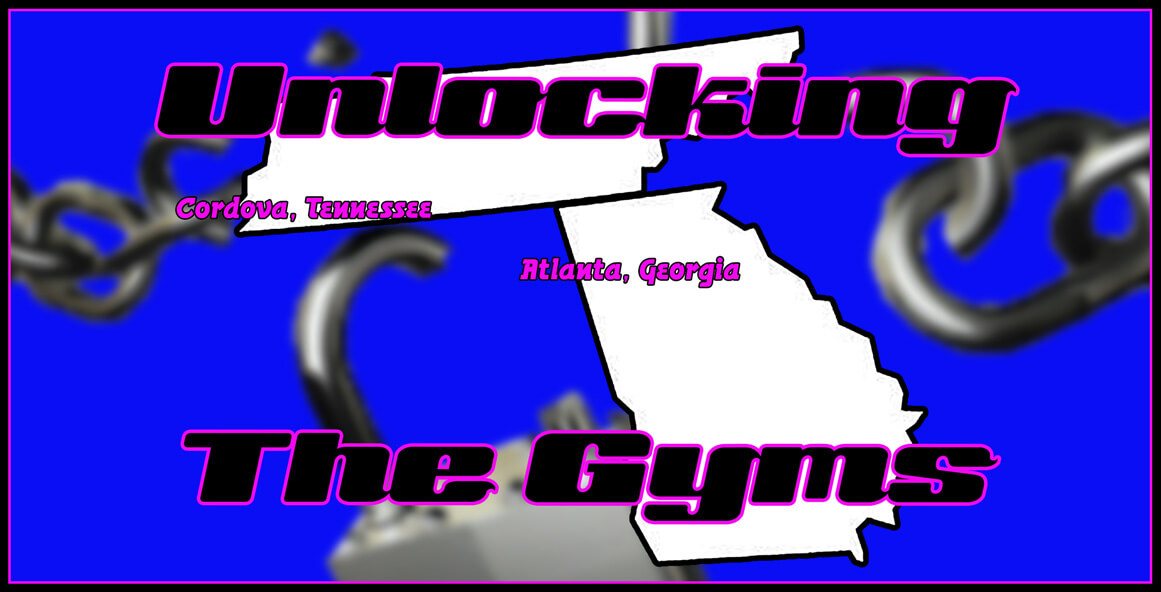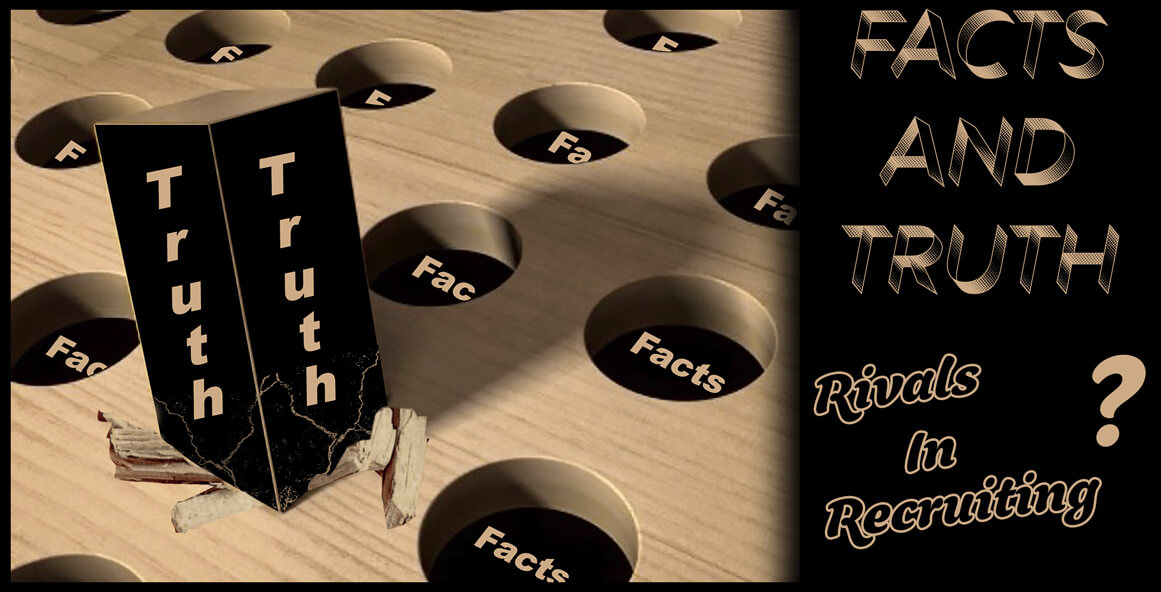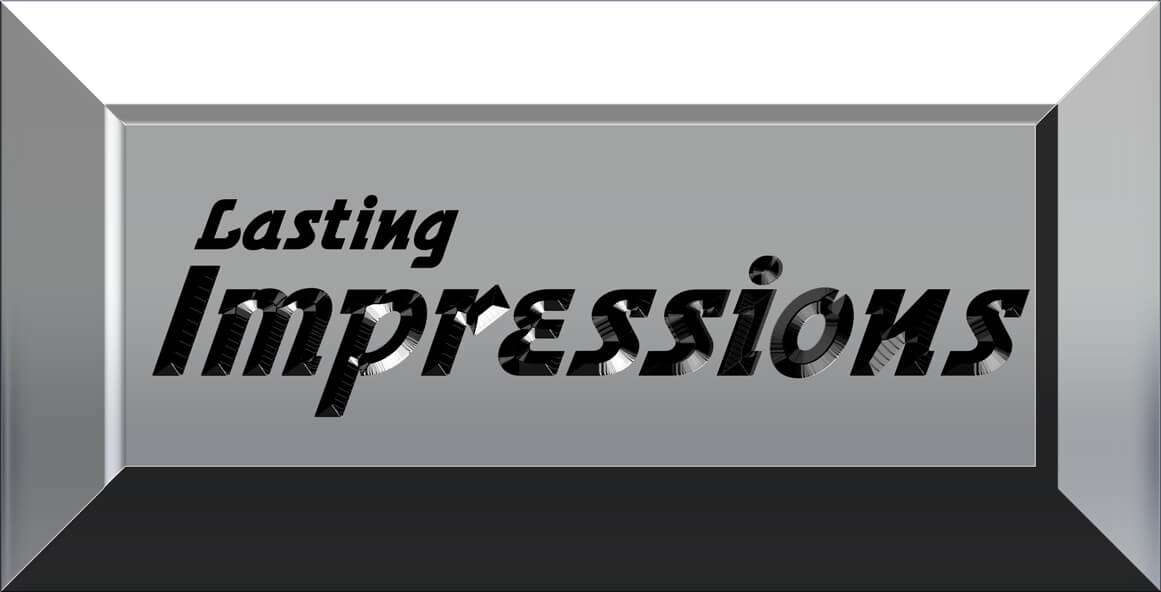
I think the competitive thing in our game has gone rogue. To be more accurate, in my mind, it’s completely lost its focus. Oh, I know that most will say that it’s the very thing that brings out our best and makes us great. It’s difficult to argue against those points and I never would. In the arena itself, on the field, court and track or even in the ring, any time you line up and compete that kind of mentality is a given and a must. Where I struggle with this wandering mentality of competition is when it becomes the driving force that dominates direction and commitment. What motivates athletes today and just who or what they’re competing against or for has less clarity than the NCAA rule book. Beyond scholarships and playing at the next level, achieving what now seems to be their primary goal has very little to do with being their best as a basketball player.
Why take the time to talk about this rerouting on the competition GPS? A lot of it has to do with several recent parental conversations regarding both the rankings of student athletes as well as this week’s WBCA All-American announcements and the upcoming McDonald’s selections. Objectivity and the aforementioned focus are slowly becoming non-existent entities in those kinds of conversations. The same goes for a lot of high school and club coaches. Sure, everyone understands that it’s your kid or the best player you’ve ever coached, but that doesn’t automatically put her among the elite or entitle her to rankings or recognition.
It’s been said, written and, more so, proven time and again; no recruiter worth their salt is going to sign a player because she holds a certain ranking or received any post season accolades. Those things look good in writing, on web sites and in press releases but they do nothing to make a player the right fit for any program or guarantee success for her on the floor. Yet in today’s environment any perceived slight in class rank or exclusion from recognition is seldom taken as a challenge to upgrade performance. Ego is an incredible distraction, particularly when it’s driven by the mere opinions of folks on the sidelines.
Recently the focal point of too many players (as well as their parents and coaches) has drifted considerably away from the bigger picture. In fact it’s seldom even on the final scoreboard numbers at the end of games. There is a preoccupation with individual achievements and accolades as well as the opportunities to suit up for all-star or All-American games. Being ranked and being your best are not necessarily synonymous. Somewhere along the line the idea of becoming a better player and exploring the boundaries of potential took a back seat to the opinions of scouting services, media and selection committees. What’s that got to do with competition? There just seems to be a greater willingness to compete for a higher ranking than a game winner.
Less and less it’s not about being, doing and striving for your best. It appears to have become more important to be a top 25 or top 50 player rather than improving the weaknesses that might be keeping a player from those very distinctions. There’s a greater emphasis on being a nominee or selection for the McDonald’s game than contributing more on the defensive end and becoming a more complete player. Parents call and e mail with accomplishments and impressive statistical performances but you never hear from them when their daughter’s off night still resulted in a big win for the team. Coaches don’t call about improvements in her on floor deficiencies. In fact, many are defensive and act as if their current blue chipper doesn’t actually have any. Apparently they assume those of us courtside are visually challenged and can’t see the turnovers or mathematically limited thus unable to calculate the shooting percentage on a 1 of 11 three point effort.
It’s frustrating as an old coach to get that call asking “why isn’t she ranked higher” rather than “what can she do to improve her game”. And then there are the calls from coaches or parents who “know” their favorite is better than this player or that player. The fact they’ve only seen those “other players” a few times or not at all is completely irrelevant. Here’s a hint about human nature. There is absolutely no better way to hurt your girl’s chances than to downplay, criticize or try to make a comparison with other players. Funny how those same calls never come with inquiries about what skills might need attention on her part. Imagine that. I assure you, even the very best at the highest level has something that they need to work on…and they’re acutely aware of it.
One of the toughest assessments for a recruiter or evaluator to make is not determining what level she is playing on right now. That’s actually the easy part. The real challenge and the critical part is knowing what her possibilities might be down the road and on what level. That determination comes from more than just size, athleticism, skills and instincts. It’s watching a player over time and seeing the advancement of her game. It’s the recognition that the weaknesses in her game are becoming strengths. It’s the knowledge that the words complacency and plateau are nowhere to be found in any conversation or evaluation regarding her future.
The ultimate competition is always between a player and who she is today versus the player she was yesterday. It’s what sets great players apart from good ones. It’s what legitimizes a player on the colligate level rather than some arbitrary ranking or “All” this or “All” that recognition. If today’s player had the same passion for improving their game and adding depth to their tangible skill set that they seem to have for the subjective opinions of others there’s no telling what they might achieve. It’s a safe bet those rankings and selections would be much more difficult to determine and those who didn’t like the result would respond by getting in the gym rather than on the phone.
Mark Lewis is a national evaluator and photographer for Blue Star Basketball as well as the lead columnist for Blue Star Media. Twice ranked as one of the top 25 Division I assistant coaches in the game by the Women's Basketball Coaches Association (WBCA), he logged 25 years of college coaching experience at Memphis State, Cincinnati, Arizona State, Western Kentucky and Washington State. Lewis serves as a member of the prestigious McDonald’s All-American selection committee as well as the Naismith College Player and Coach of the Year committees.

Latest Articles
-


Christopher Lawlor
/ 15 hours ago23rd Pangos All-American Camp tips off in Las Vegas with nation’s elite players congregating for national showcase event
LAS VEGAS – The summer circuit is nearly two months old but it really...
-


Christopher Lawlor
/ 5 days agoU16 USA Women’s Basketball National Team roster selected for 2025 FIBA AmeriCup in Mexico from June 16-22
COLORADO SPRINGS, Colo. — USA Basketball announced today the 2025 USA Women’s U16 National...
-
Christopher Lawlor
/ 5 days agoU16 USA Men’s Basketball National Team roster chosen for 2025 FIBA AmeriCup next week in Juarez, Mexico
COLORADO SPRINGS, Colo. – The team is set and now for the games South...
-
Christopher Lawlor
/ 1 week agoNO REGRETS: Chris McNesby steps away from Roman Catholic (PA) basketball gig after second tenure with his alma mater; Bradley Wanamaker takes over coveted post
BENSALEM, Pa. – Chris McNesby has lived many lives within the Philadelphia Catholic League....




